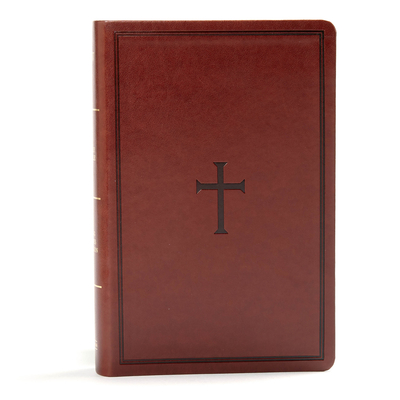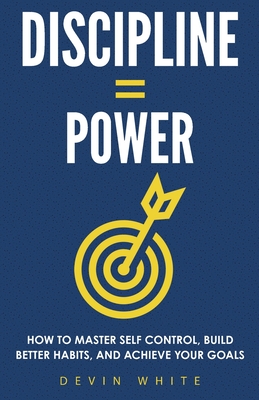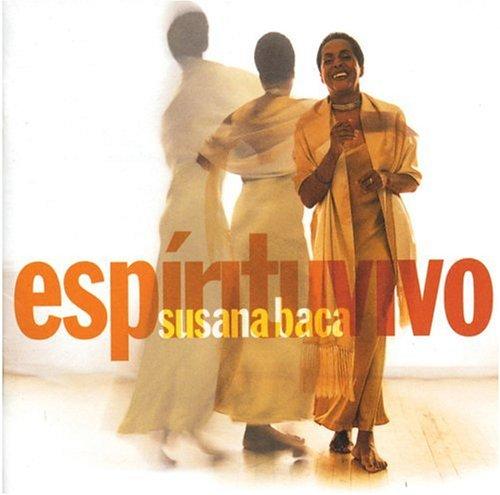
Obayuwana, Alphonsus
product information
description
oach to happiness and personal fulfillment. In 1979, Dr. Alphonsus Obayuwana was awarded a national research grant and Smith-Kline Medical Perspective Fellowship to develop an instrument for measuring human hope, with the purpose of detecting hopelessness early enough in troubled human individuals so assistance could be offered in time to prevent suicide. The Hope Index Scale (HIS) that resulted from this grant became very popular with Fortune 500 companies and other institutions both in the US and in other countries. This led to the foundation of decades of research that ultimately resulted in this cutting-edge book, The Happiness Formula: Using Science to Understand Personal Satisfaction, Human Hope, and Subjective Well-Being. Unlike other books about happiness, which are too often filled with dos and don'ts, wishful thinking, and empty aphorisms, The Happiness Formula breaks new ground by introducing a universal unit of measure called the "Personal Happiness Index" or PHI. This makes it possible--for the first time ever--to calculate and assign numerical happiness scores to human individuals by plugging their unique hopes, hungers, assets, and aspirations into an equation. Despite its title, The Happiness Formula is much more than a mathematical equation for measuring happiness. It is a book about life; the relationship between human hope and happiness; how to find, measure and boost them; and, most interestingly, how to confirm the happiest country in the world and even help identify the happiest living human, or HLH. It challenges the World Happiness Report of 2023, debunks three major happiness myths, and then introduces the Triple-H Equation--the simple but profound formula about what makes life worth living. This is a book for happiness seekers and happiness advocates everywhere.
member goods
No member items were found under this heading.
Return Policy
All sales are final
Shipping
No special shipping considerations available.
Shipping fees determined at checkout.







